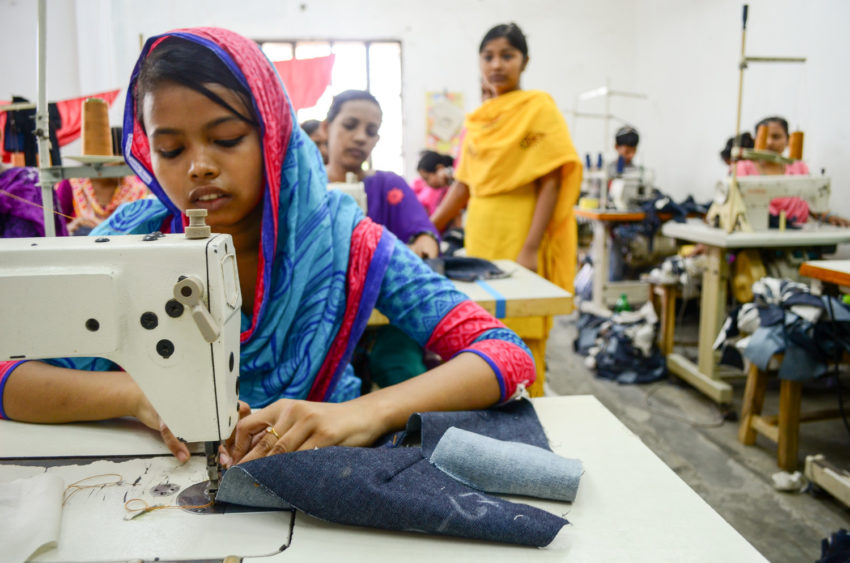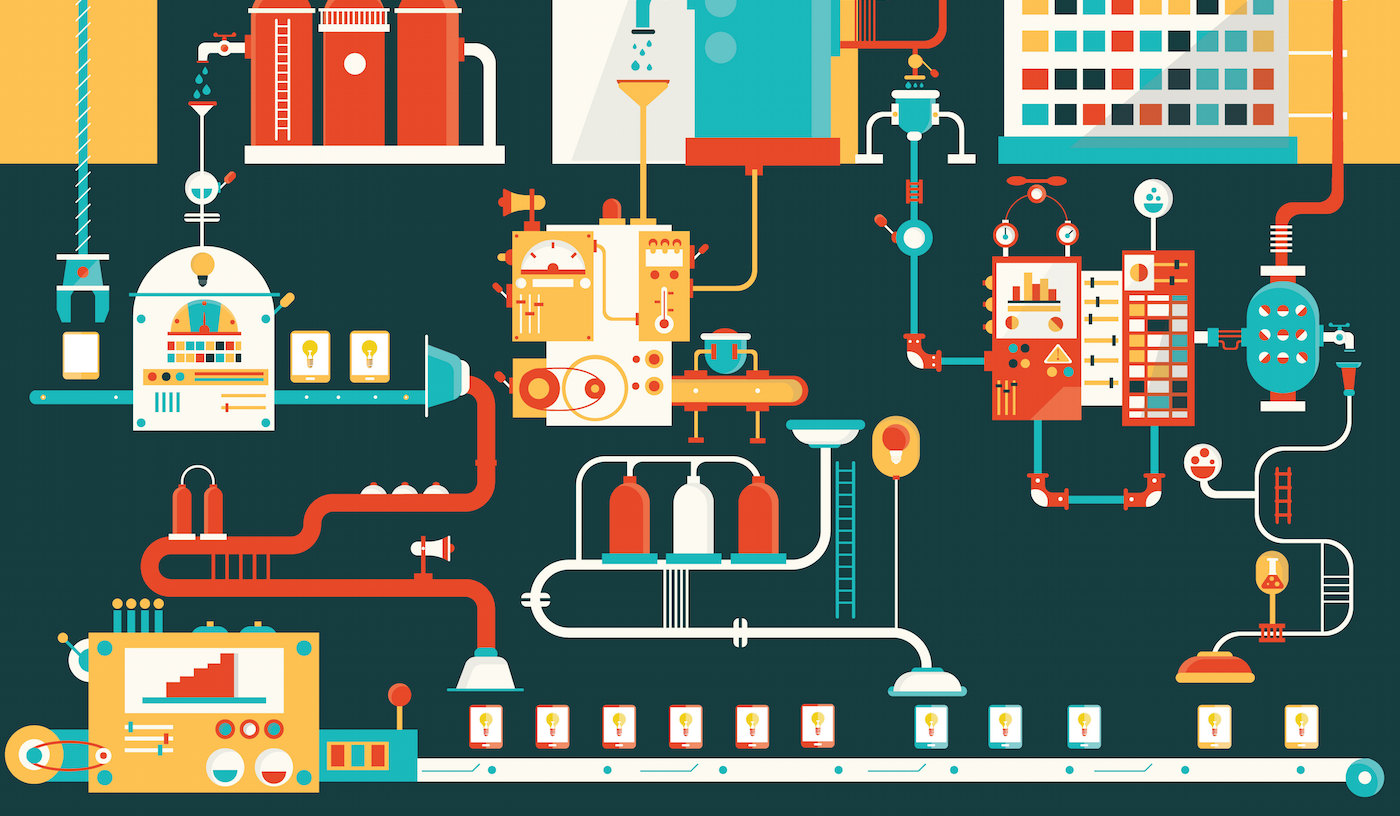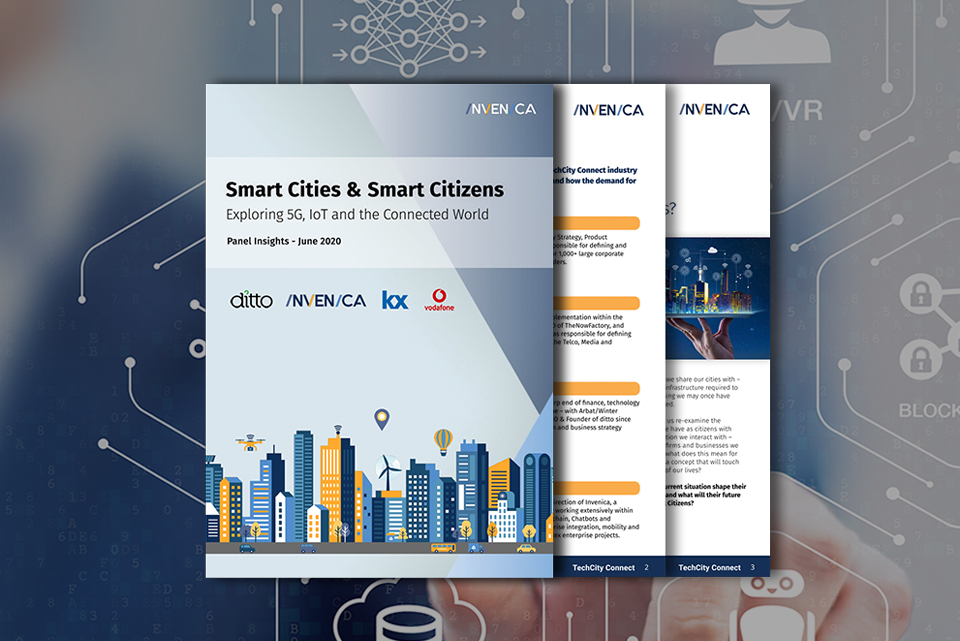When a customer decides to buy his or her much-desired car from the local dealership, he or she evaluates the product to be purchased based on information provided by the brand manufacturer, the end-consumer trust of that particular brand is the main driver of why they chose that particular car.
What the end-consumer doesn’t see is a very complex and intertwined network behind the brand; A network that is a cross-industry and cross-border practice, a network that is at the heart of today’s economic growth. A network called Supply Chain.
Supply Chain is know to have many challenges that both businesses and the end-consumer are paying the bill for, from transparency, provenance, certification to unethical use of children workers, slavery, grey and black markets….

Let’s start with the end consumer first: Verifying the provenance of the product is essential, especially in the era of e-commerce when buying your favourite pair of shoes is as simple as clicking on a button. Understanding the origin and the story of the product helps ensure the following:
You are getting the value of what you are paying for : you need to ensure that you buy genuine product and you are not falling victim to a grey/black market until you discover it’s a Chinese knockoff of your favourite brand.
Consumer health : as a consumer you need to make sure that products you consume do not endanger your health or the health of your family. Some of the production and transformation cycles do not align with the best practices in their respective industries. Every once in a while we hear stories about individuals falling victim to poor considerations of consumer health.
Anti-corruption, Anti-slavery and anti-child labour : as a consumer you are required to ensure that products you are paying for (which are generating revenue to some business) are being designed and developed under correct ethical practices, and that no slavery, worker abuse, child employment or any other non-ethical practices have been involved in the production of your favourite shoes. In some case humans have paid their lives for that particular product and it is essential to be aware of what kind of a business you are funding its growth.
Thinking of the environment : the manufacturing of many products is not environment friendly, from pollution, to spillage in the ocean to emission of harmful gases… as a consumer you have the right to know that the product you just purchased is friendly to the environment.
Business do tend to worry about the same problems, relying on a complex network of suppliers from across the globe is not an easy mission. Some of the concerns that need to be addressed are:
The certification of your product : When assembling your product, every component needs to be fit for purpose and have the right level of quality assurance failing to track abnormalities in your production/ transformation chains will cause tremendous losses, delays go-to-market and harms your brand perception.
Transparency : when dealing with business partners it is essential that transparency is the core of the relationship, whether you are a supplier or a buyer, knowing the journey of your product is essential and ensuring that your product does not constitute a piece of a puzzle of unethical business is the best way to protect your brand and business.

Meeting expectations: today consumers demands are high in terms of product quality and added value. To meet their expectations it’s essential to ensure that your supplier provide products with the same criteria, we all have that product that we extremely love, if only that little thing about it was better.
Security: Business need to make sure that their suppliers don’t impact their security standards, especially in industries where security is essential like defence, car manufacturing or consumer electronics.
Blockchain is a technology that has the potential to address all of these problems the application of smart contract and decentralised transactions will enable businesses to be in the centre of the certification of their supply-chain ecosystem and provide provenance information to their end-consumer, whilst improving the end-to-end production or transformation chain of the same ecosystem amongst the following new values of the application of blockchain in these areas:
1. Improving brand perception in an era where consumers are very demanding of ethical business practices and higher quality assurance.
2. Reduction of costs associated to the supply chain and quality assurance from suppliers.
Removal of costs associated to conflict resolution since all transactions are immutable and on a shared ledger.
Improve nested traceability of origin of products and blacklist the ones that are susceptible of being unethical, involve slavery, child labour.
Improve security for industries where integrity is critical across the supply chain due to the nature of end products.
Create new markets for new value in supply chain, consumer health, governance and environment.
With a rising awareness of the true value of blockchain and decentralised technologies across multiple industries, and multiple organisations investing into the creation of new relevant value in their industry, we are confident that the future of supply chain, Provenance and consumer health is bright with Blockchain.




